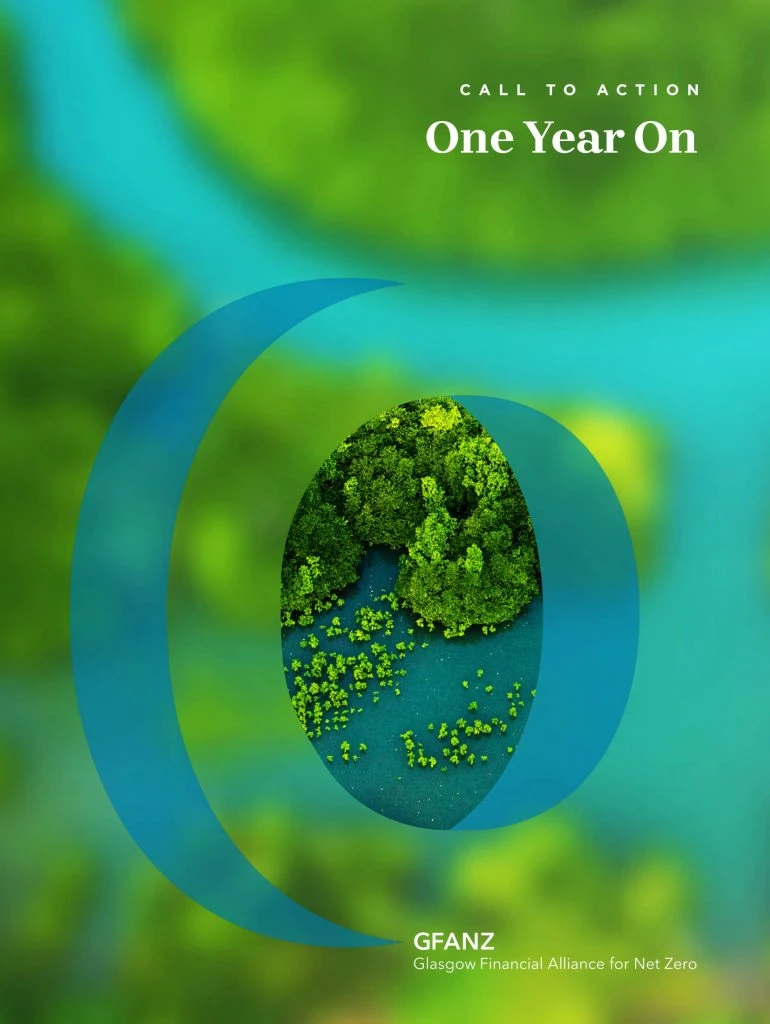Net-Zero Public Policy
The challenge
The world is in urgent need of an equitable transition to net zero. Governments have made progress toward this goal, including adopting the Glasgow Climate Pact, signing the Global Methane Pledge to reduce methane emissions, pledging to end deforestation by 2030, and enhancing their Nationally Determined Contributions (NDCs). However, significant geopolitical headwinds — the war in Ukraine, the energy crisis, inflation pressures, and tight supply chains — threaten to delay or derail efforts to cut emissions. There is a need for more governments to set out the specific steps they plan to take nationally while working together to establish global policy frameworks that correct existing market failures and enable action at scale. GFANZ is supporting policy innovation and sharing successes and best practices that can create an enabling environment for private-sector finance.
Call to Action: One Year On
Objective
Revisit the five policy levers of the 2021 Call to Action and offer further detailed policy recommendations to illustrate how these policy areas can support G20 government transition planning.
Reports
Program of work
Call to Action
Deliver a series of recommendations to G20 governments on policies and other actions governments can take to restructure the global financial system and accelerate the global transition to net zero.
GFANZ Call to Action
Strategic input and advice
Provide strategic input and advice to GFANZ technical workstreams and policymakers, with the aim of embedding GFANZ outputs into global policy and regulatory frameworks.
Public sector and stakeholder engagement
Engage key governments, international organizations, standard-setting bodies, and others to encourage the adoption of policies and regulations that will help accelerate the transition to net zero and enable Alliance members to execute on their commitments.
COP28
Articulate the policy implications of GFANZ’s body of work and provide guidance to deliver the best outcomes for scaling climate finance at COP28, the 2023 UN Climate Change Conference.
